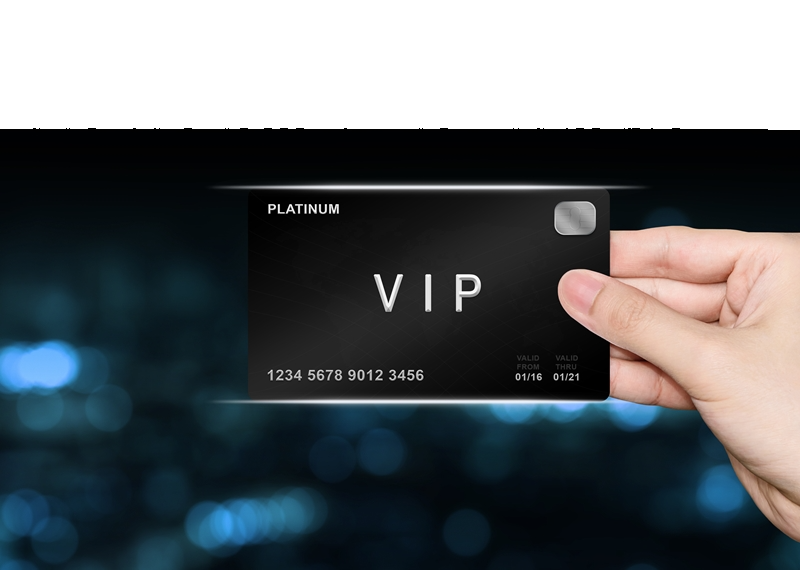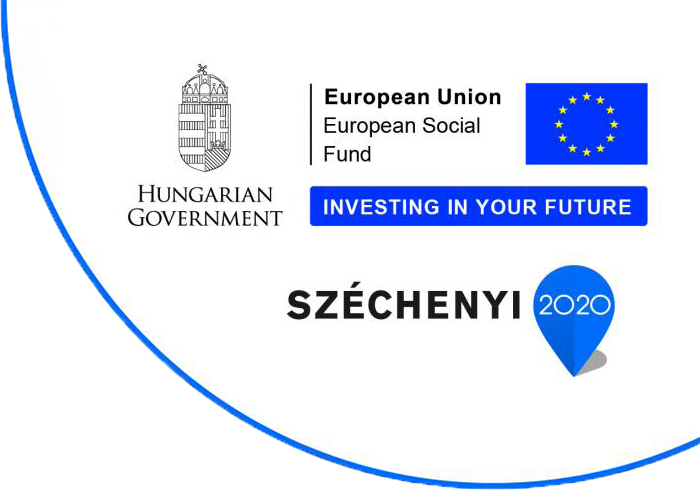How to create a successful B2B loyalty program?

Creating a B2B loyalty programme is an excellent way to reward customer trust and loyalty. Long sales processes and high customer acquisition costs quickly make it clear (a business premise that in itself sounds a bit cliché) that it is much more expensive to acquire a new customer than to keep an existing one.
One of the advantages of B2B loyalty programmes is that, although they have a smaller customer base, there is a more personal element to the relationship. Data-driven marketing solutions and personal customer insights can help you create a personalised loyalty programme that optimises the value of your customer base.
What is the difference between B2C and B2B loyalty programmes?
- B2B loyalty programmes are more personalised
- B2B loyalty programmes require more communication
- Exclusive rewards are essential for a B2B company
The most significant difference between B2C and B2B companies is the size of the customer base. As B2B companies typically have a smaller customer base, personalisation of communication is essential. VIP content and unique offers not only reward customer loyalty, but also help build a trusting relationship.
We wrote about B2C consumer discount schemes here: read more!
Key considerations when creating a B2B loyalty programme
- Identify and segment your customers, their buying potential and habits
- Align your loyalty program with your business goals
- Monitor customer interaction with your company
- Create a customer feedback system
- Identify relevant incentive elements that you can use in your loyalty programme (points, discounts, VIP membership, exclusive content, events, etc.)
- Understand your customers' business model to offer a personalised offer
Beyond points and discounts - tips for creating a successful B2B loyalty programme
Personalised customer experience
One of the big advantages B2B companies have over B2C is that their smaller customer base allows them to develop a truly personal relationship with their customers.
What's the difference between saying "Dear Partner" and "Dear Laszlo"?
The latter indicates a confidential, personal relationship. You can build trust with your customers by providing them with a personalised customer experience and communication.
Don't forget, your partners are human too: they don't just make decisions based on rationality, but also on emotion!
Exclusive offers
According to a study by HelpScout, people are 15% more likely to respond to a CTA or offer if it is classified as exclusive. Segment your customers based on how they respond to unique offers and reward their loyalty with the opportunity to join a VIP program.
Why be loyal?
Customers value openness and honesty. Aim for transparency: be clear why it's worth their while to participate in your loyalty programme. Also keep in mind why it is worthwhile for you to run the programme.
Clarify how the loyalty programme works:
- Explain the benefits of the programme
- Remind them why they chose your business
- Communicate your USP often
Be better than they expect
Personalisation doesn't end with a "Dear Laszlo". Here are some personalised, thoughtful "surprises" you can offer:
- Send a personalised birthday greeting
- Surprise him with an anniversary gift
- Congratulate them on their company's achievements
Get out of the online world
By taking advantage of face-to-face communication, you can build long-term, sustainable relationships with your partners and resellers. Organise an exclusive, "offline" event for loyalty programme participants (you will be able to do it again soon). The benefits of events:
- Networking, building business relationships
- Increase brand awareness
- Promote products and services
- Product promotion
Get to know your customer
As a B2B company, a business relationship often involves communicating with a representative from another company's department: buyers, product managers or CEOs.
It is important to know whether your customer is a user (TDM - Technical Decision Maker) or a buyer (BDM - Business Decision Maker) of your product.
Why is this good to know?
For a purchasing manager, the price of the product is important, so an exclusive discount can be a success. However, if your customer is a user of your product, a free product upgrade would be better rewarded.
How do you measure the success of your loyalty programme?
You can measure the success of your loyalty programme by using the following KPIs:
- Repeat customer rate (RCR)
Repeat Customer Rate.
- Customer lifetime value (CLV)
The value your customer contributes to the success of your business over the lifetime of the relationship.
- Net Promoter Score (NPS)
How likely are they to recommend your company to a friend or acquaintance?
Nitro's proprietary loyalty engine, Brain, can provide the conditions that enable you to deliver high return on investment loyalty programs that deliver real results.
